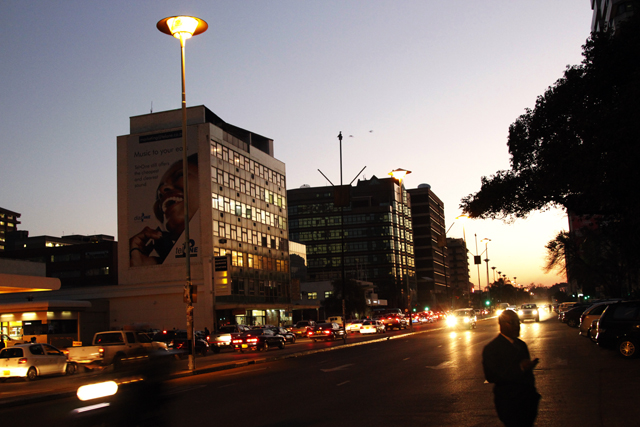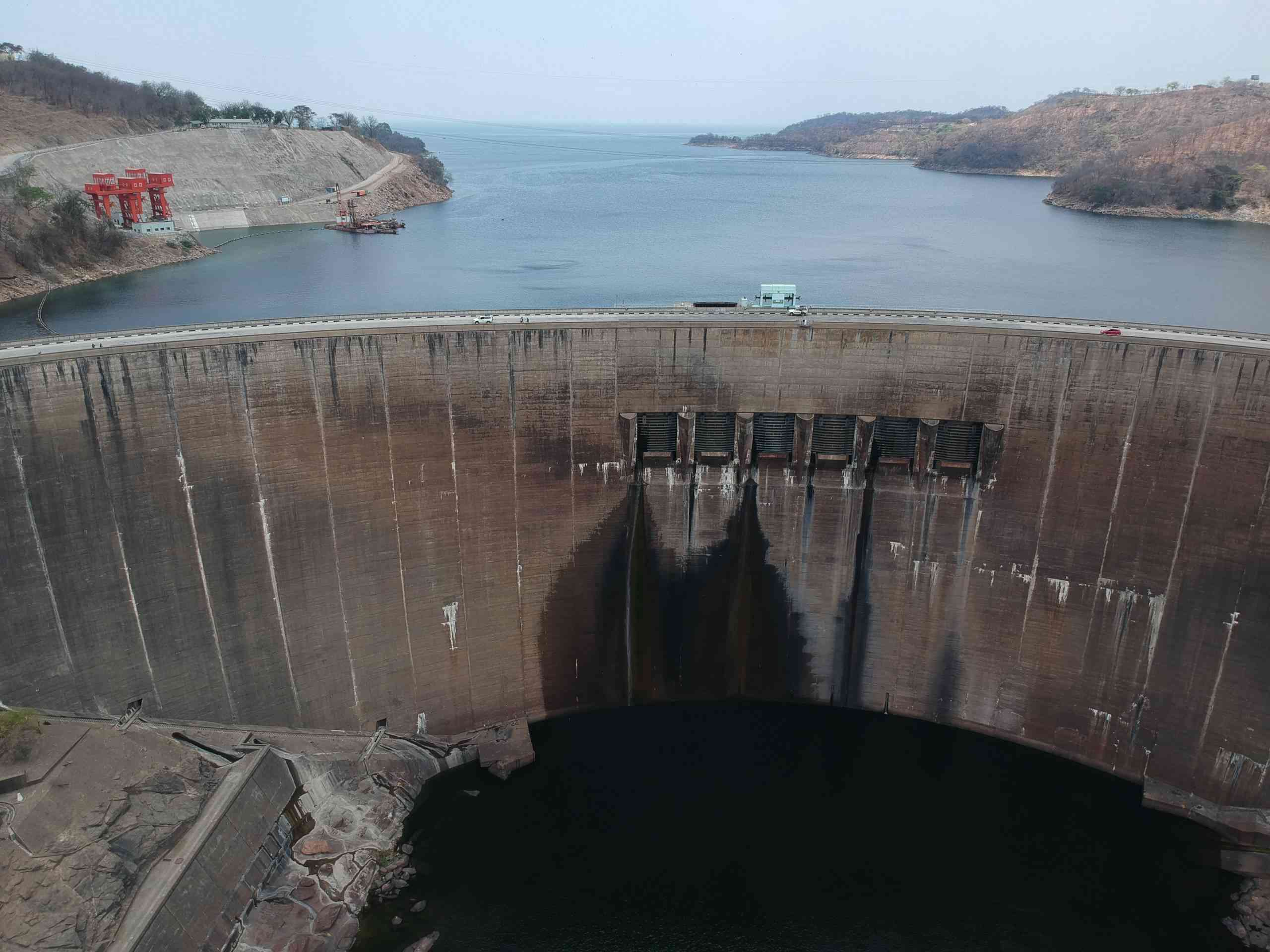
Demand for rental space in the central business district is on the decline, with Old Mutual recording 60% voids in occupancy levels.
BY TATIRA ZWINOIRA
Occupancy in the CBD has been on a general decline, as space is now averaging between 50% and 90%, with tenants relocating to suburban areas.
Speaking to NewsDay recently, Old Mutual property general manager, Gilbert Gumpo said the slow uptake was mainly attributed to the high operating costs.
“Space uptake in the CBD has been low. This is mainly attributed to high operating costs, as well as congestion. Blue chip companies now seem to prefer suburban business premises. High energy and maintenance charges for high rise buildings have seen space voids of up to 60% in some buildings. Municipal charges that are not sensitive to occupancy levels compound the cost of occupation,” he said.
“Demand for conventional real estate space is weakening due to the tough macroeconomic environment. Current focus is on developing space for small-to-medium enterprises and the informal sector. We see suburban developments and owner occupied premises as a development opportunity, rather than general development. We see the residential sector as an opportunity if delivery costs are within declining income ranges.”
In what is becoming common practice in the CBD, more buildings have signs placed on them advertising vacant space.
Old Mutual owns the largest share of offices and high rise buildings in Harare followed by First Mutual Holdings, with the latter also dealing with declining occupancy levels. Most of the vacant buildings were in the upper and mid areas of the CBD, where rentals are considered unaffordable.
- Chamisa under fire over US$120K donation
- Mavhunga puts DeMbare into Chibuku quarterfinals
- Pension funds bet on Cabora Bassa oilfields
- Councils defy govt fire tender directive
Keep Reading
“We believe that the difficulties are temporary and our investment horizon goes beyond the current difficulties. We believe that property has the potential to withstand the prevailing difficulties and will recover to deliver real value to our present and future customers,” Gumpo said.
“The prevailing social infrastructure-gap also affords us the opportunity to actively participate in the socio-economic development of the country while enhancing value for our clients.”
As companies struggle to make a profit in an unfriendly economic climate, the unfriendly rentals, which range between $8 and $10 per square metre are part of the reasons why companies are vacating the CBD.
Many companies have been forced to relocate to suburban areas, which offer cheaper rentals.











